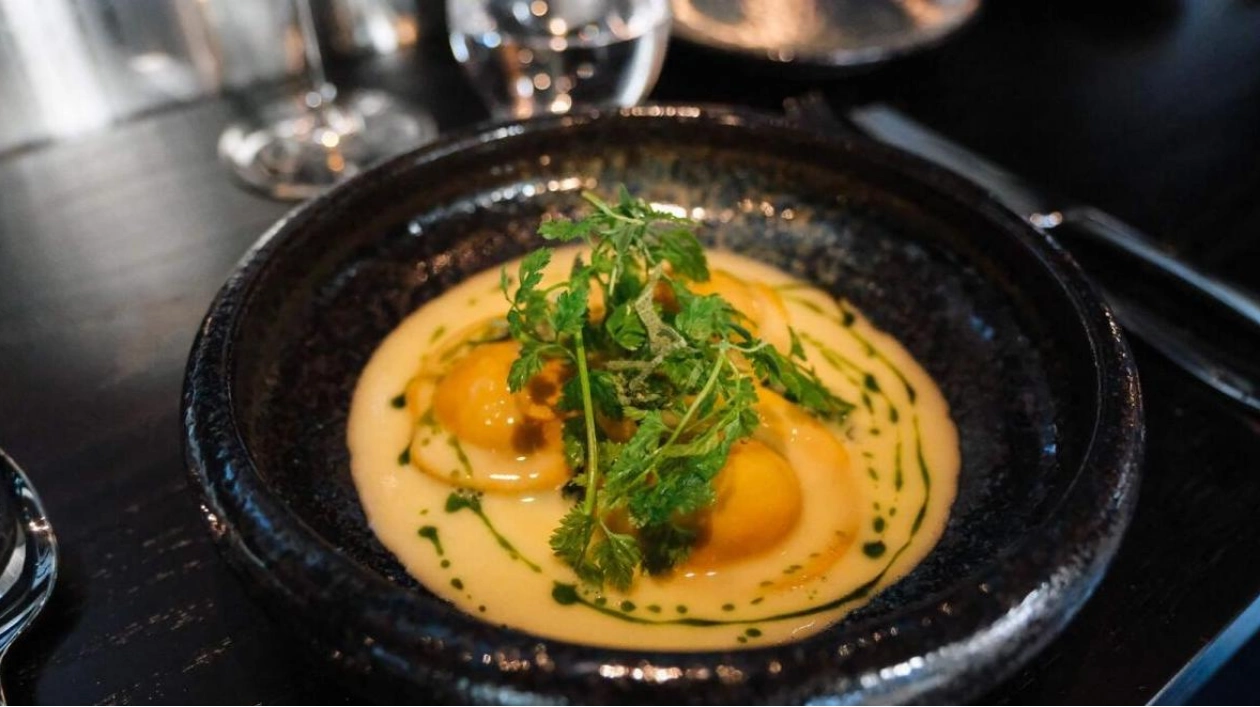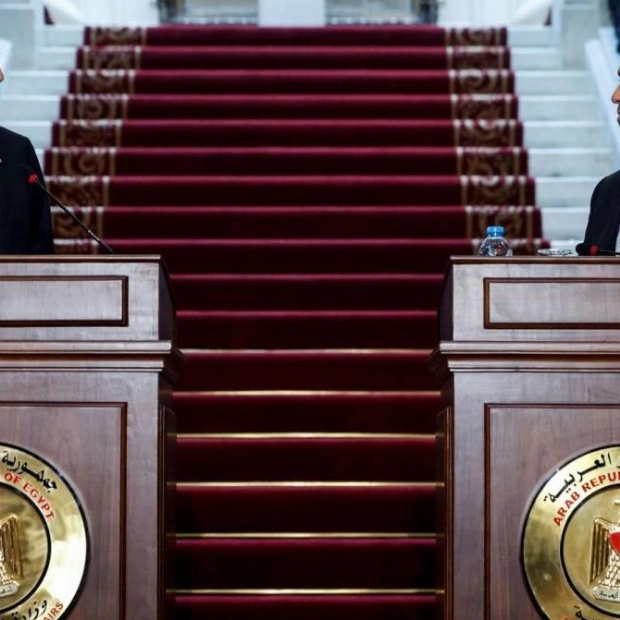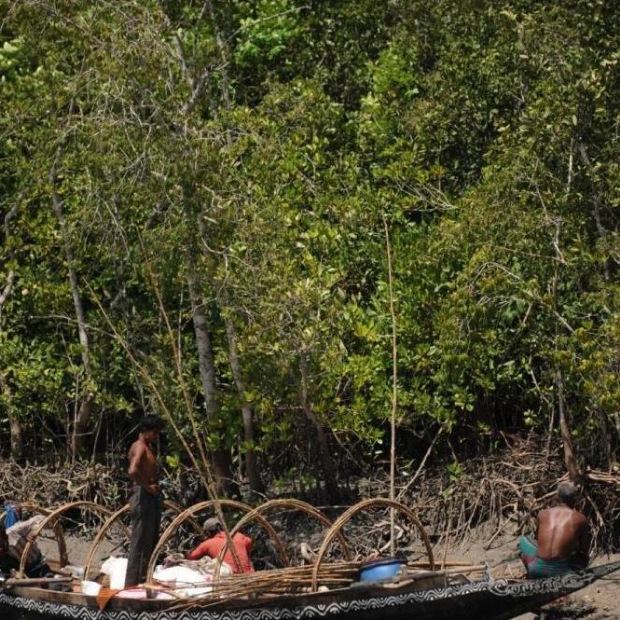At a factory in Finland, the 'farmers of the future' are producing a new food protein by feeding a microbe air and electricity, showing that protein can be created without conventional agriculture.
Livestock farming is a major contributor to greenhouse gas emissions, the primary cause of global warming. Cellular agriculture, involving the growth of food or nutrients from cell cultures, is increasingly viewed as a sustainable alternative to animal agriculture. Lab-grown meat, eggs, and milk have garnered attention in recent years with scientists using animal cell cultures -- a process that some criticize as unnatural, highly processed, energy-consuming, and costly.
However, at Solar Foods' newly opened factory near Helsinki, scientists utilize new technology to cultivate protein from cells using air and electricity. By feeding a microbe with carbon dioxide, hydrogen, and some minerals, and powering the process with electricity from renewable sources, the company has successfully developed a protein-rich powder that can serve as a milk and egg substitute. 'We can source our main feedstock for the microbe from the air,' stated Solar Foods chief executive Pasi Vainikka. 'We have initiated the production of the world's most sustainable protein.'
Founded by Vainikka and Juha-Pekka Pitkanen in 2017, Solar Foods launched the 'world's first factory growing food out of thin air' in April. One kilo of the new protein, called 'solein', emits 130 times fewer greenhouse gases than the same amount of protein produced by beef production in the European Union, as claimed in a 2021 scientific study.
Transforming food production and consumption is central to combating the climate crisis and preventing biodiversity loss. Emilia Nordlund, head of industrial biotechnology and food research at the VTT Technical Research Centre, emphasized the role of new food production technologies in reducing emissions and diversifying food production. 'However, at the same time, we must improve the existing food production methods to make them more sustainable and resilient,' she added.
Fermentation technology utilized to produce various nutrients, such as proteins, has been in existence for decades. The field has expanded considerably in recent years with new technological solutions and research projects emerging worldwide. Some of the most active start-up hubs focusing on cellular agriculture are in the United States, the United Kingdom, Germany, the Netherlands, and Israel, according to Nordlund.
'We are in a critical phase as we will see which start-ups will survive,' she said, mentioning that stalling bureaucracy was hindering cellular agriculture's progress in the EU.
Dressed in protective gear to prevent bacteria contamination in the factory, Vainikka displayed a large steel tank in a shiny production hall. 'This is a fermenter holding 20,000 litres,' he said, explaining that the microbe multiplies inside the tank as it is fed the greenhouse gas.
For now, the primary objective of the small Finnish plant, employing approximately 40 people, is to 'demonstrate that the technology scales,' to attract the necessary investments pending European regulatory approval. The protein has been approved for sale in Singapore, where some restaurants have used it to make ice cream, but it is still awaiting classification as a food product in the EU and the United States. The ultimate goal is to 'construct an industrial plant 100 times the size of this one,' Vainikka stated.






